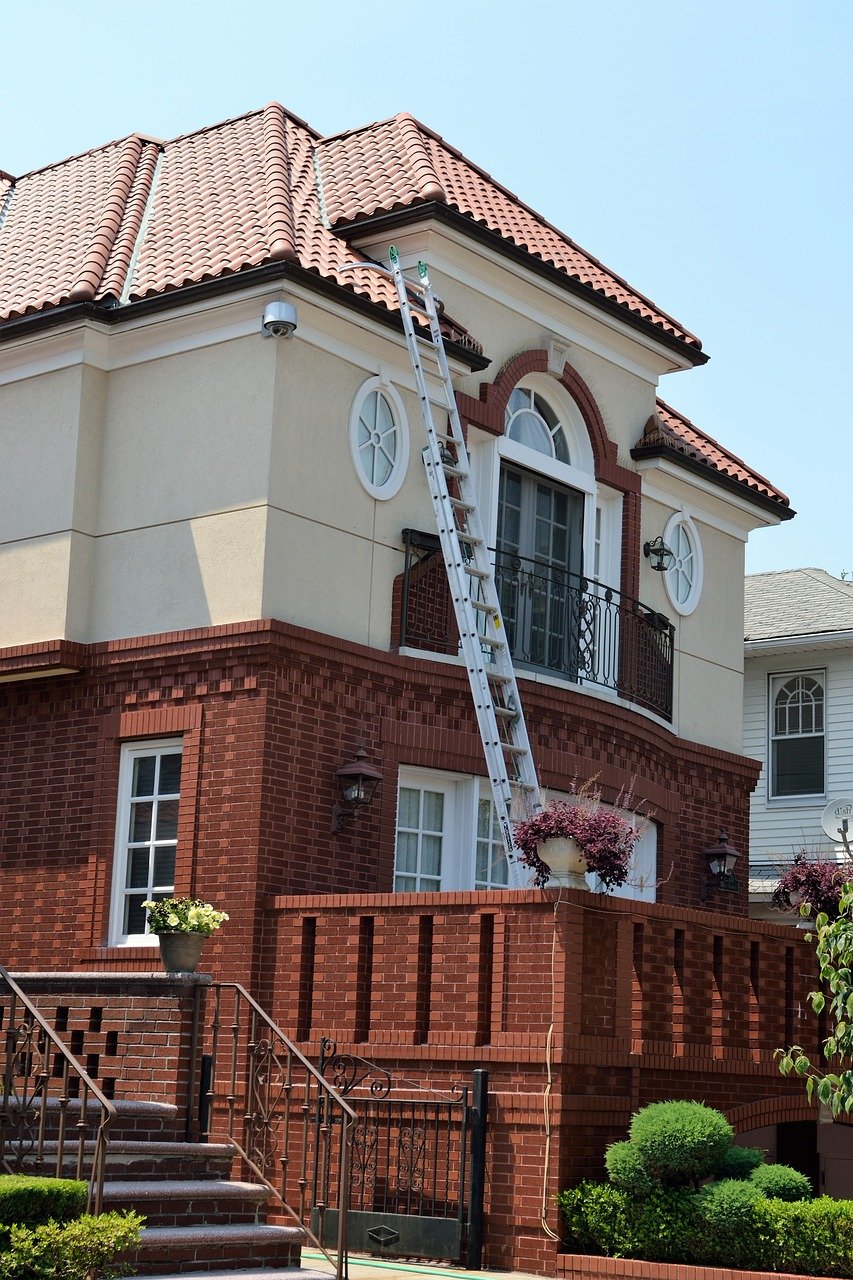The Most Important Upgrades To Make After Buying an Old Home


If you're a person who loves to fix things and is in the market for a new abode, you may want to consider purchasing an older house that needs some extra attention. Older homes often need a variety of upgrades, so buyers generally get a much better deal. If you can make these repairs yourself instead of hiring professionals, you'll be able to save even more money. Consider the following reconstruction items, as they should be the first renovations you make to a new home.
Electricity
An older home may not have an updated electrical system. There weren't as many things that needed to be plugged in to use years ago as there are now. Times have changed. You're currently living in a technological age; nearly everything requires electricity.
Check into electrical requirements before you rewire the home. Generally, the main service panel should be upgraded to at least 100 amps. You'll also want to increase the number of electrical outlets in the home, adding several in each room so you won't have to run extension cords. It's important to use three-prong outlets. Look into ferrous vs non ferrous metals to see which type you should use in this process.
Unless you have a background in electrical work or can get help from a friend who understands electricity, this task may be better suited for a professional. However, if you want to tackle it yourself, there are endless amounts of information on the internet.
Plumbing
Find out as many details about the plumbing system as you can and the types of pipes used. Different piping has various lifespans. If you don't know what kind is in your new home or when it was last updated, you're putting yourself at risk for leaks, which can do much more damage.
There are several signs that you may need to upgrade the pipes. The most significant signal is low water pressure, which indicates corrosion buildup. You may also notice that the sinks and tubs aren't draining quickly and that the water may be red or milky colored due to rust in the pipes.
Shifting Foundation
If you walk into the house and notice cracks in the walls, the doors or windows won't open or close properly, or the chimney is leaning, your home likely has a foundation issue. This problem is common in older houses. A foundation can shift for several reasons, including inconsistent soil moisture, poorly packed soil under the home, tree roots, foundation deterioration, and plumbing problems.
In most cases, a shifting foundation can be repaired. The way you fix this issue depends on why the house moved in the first place.
Windows
Faulty or older windows can negatively impact your electric bill. After checking out the home, you may notice that it has single-pane windows, which have only a single layer of glass. They are not as good at keeping out the cold in the winter or noise as double-pane windows are.
If you live somewhere quiet where the weather is fair year-round, you may not have to worry about changing out these windows if they're in good condition. However, most people prefer the extra security and insulation.
Unfortunately, double-pane windows can get pricey, especially if you have many to replace. A short-term solution is to apply an insulating window film. Although temporary, it can help keep the heat in until you have a chance to make a complete window update.
Final Thoughts
While purchasing an older house has its financial perks, you should make sure you're up to the challenge of fixing it up before giving a final offer. The process may take a lot of time, but as long as you're willing to tackle the upgrades, you'll have a safe home for years to come.
